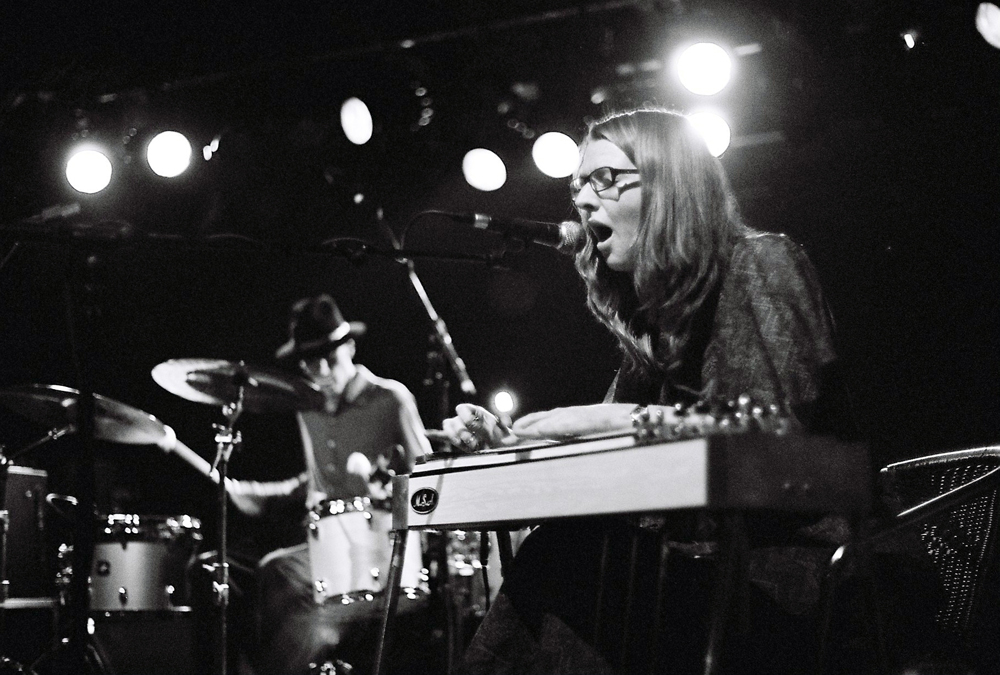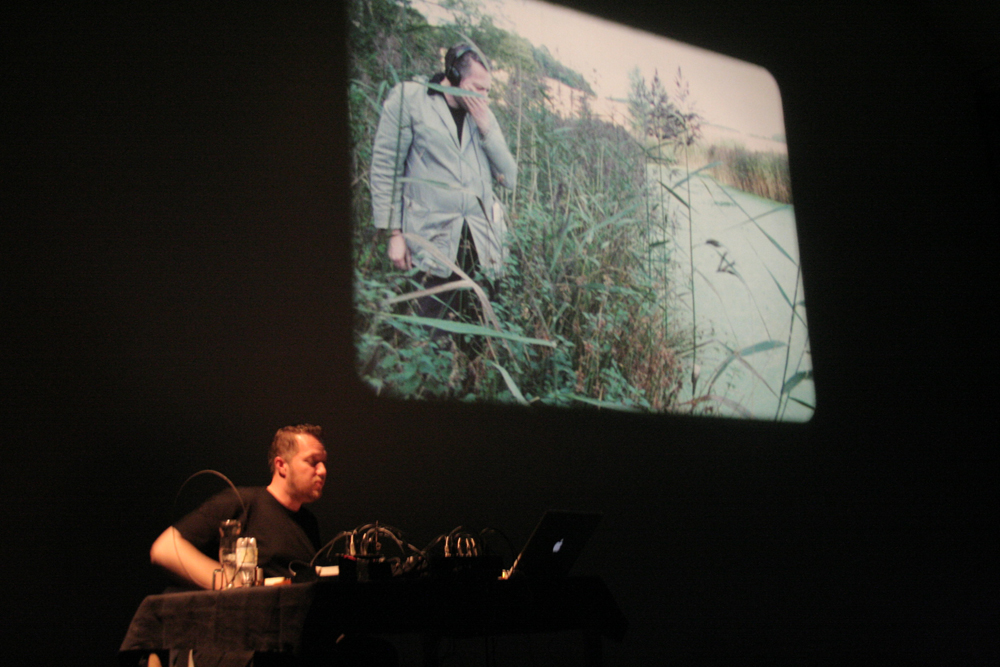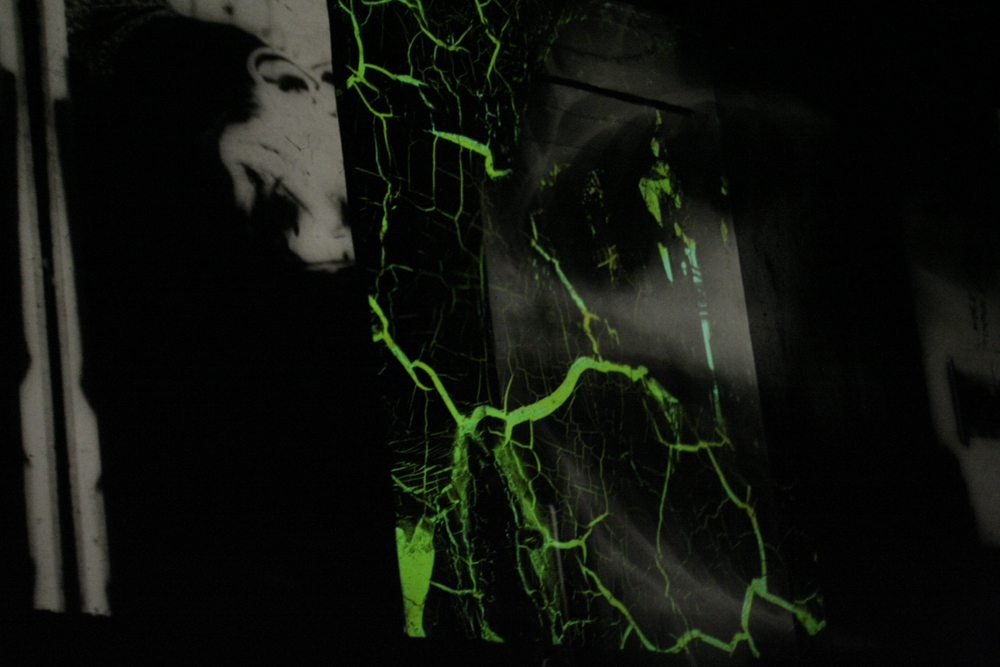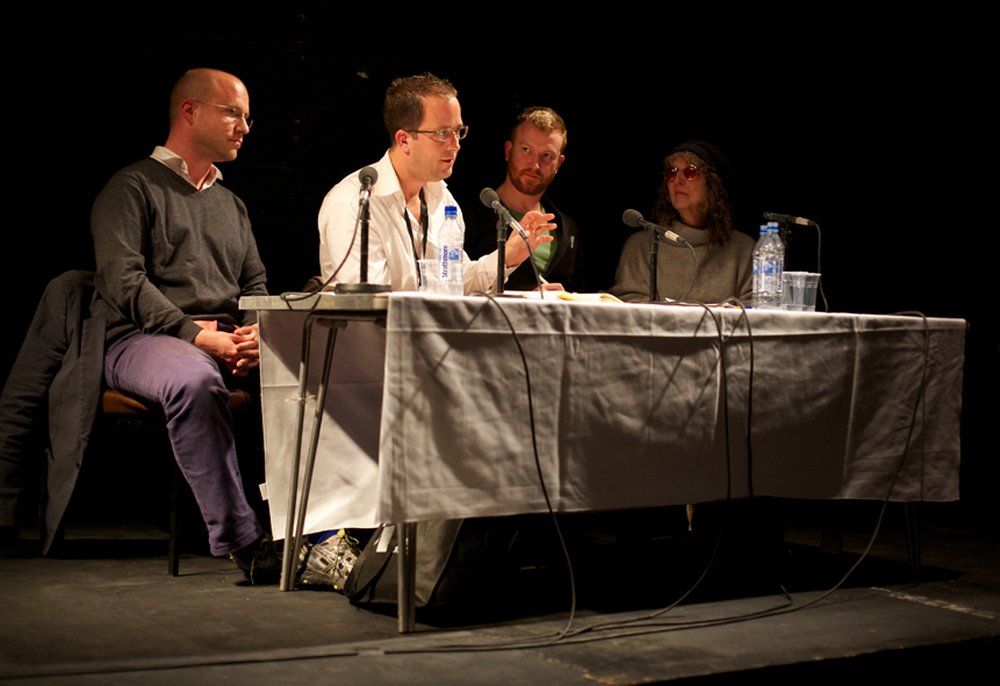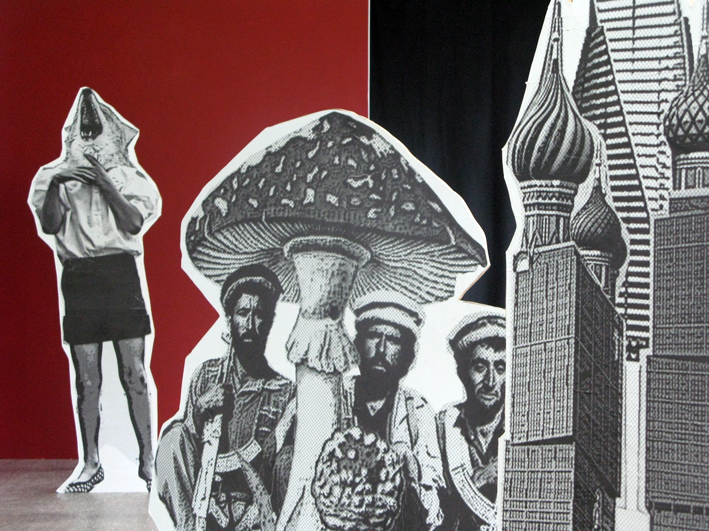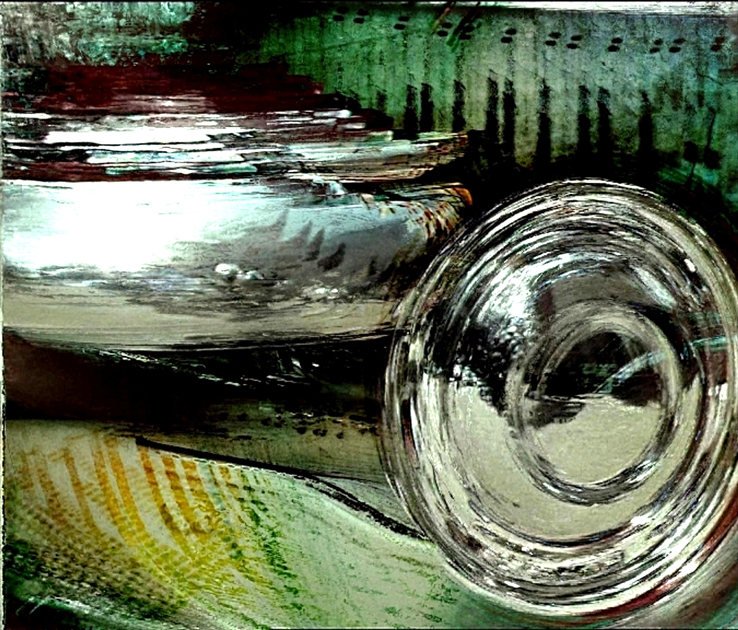
Aluminium: Beauty, Incorruptibility, Lightness and Abundance, the Metal of the Future
Graham Harwood
Taking The Futurist Cinema’ manifesto and turning it into software to track ‘aluminium’ online, tracing relationships companies with interests in aluminum had to each other and other agencies.



